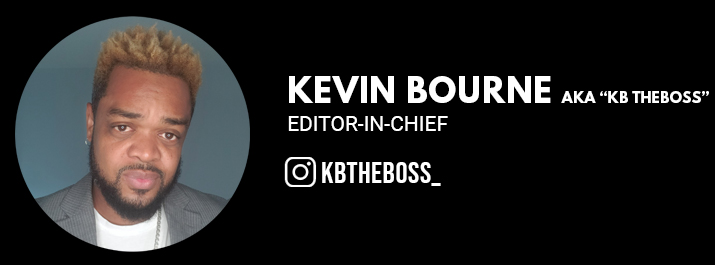In his Hedda film review, Kevin Bourne says Nia DaCosta’s latest is “bold, sexy, and brash” and “still relevant in 2025”.
Brooklyn-born writer and director, Nia DaCosta, has been making some noise since her success with Candyman (2021) and her return with The Marvels (2023). which was popular with fans despite receiving mixed reviews and bombing epically at the box office.
Now, DaCosta comes to TIFF 2025 with her latest film based on a beloved classic. Set in 1950’s England, Hedda is a modern take on Henrik Ibsen’s 1891 play Hedda Gabler. Starring Tessa Thompson (Creed), Imogen Poots (Green Room), Nina Hoss (Zikaden), Nicholas Pinnock (For Life), and Tom Bateman (Based On A True Story), it follows Hedda (Thompson) and her simp of a husband, George (Bateman), as they host a party they can’t afford, in a house they can barely afford, in order to impress the social elites. Whether you’re keeping up with the Joneses or the Kardashians, this can only end in disaster. George is specifically looking to impress the powers that be who are hiring for a new academic post. His main rival for the position is Eileen Lovborg (Hoss), author of a book on sexuality (and Hedda’s former lover).
There’s an overt message of feminism and female empowerment in the film as the female characters are front and center, while the male characters are in the background playing a supporting role. The story is ahead of its time for the period in which it’s set as it tackles topics like sexuality, lesbianism, and equality, especially in the workplace.
In the beginning, the dialogue and story are a bit hard to follow, but this is remedied pretty quickly. What ensues over the remainder of the film is a series of power plays and chess moves as Hedda toys with her guests, getting them to do exactly what she wants. She’s the kind of character you love to hate, but underneath it all, her intentions are good (so she thinks).

While there’s a very capable cast, Thompson does a lot of the heavy lifting. From her facial expressions to her mannerisms, she’s does an excellent job of portraying Hedda as a lion on the prowl who is out for blood. Meanwhile, Hoss does a good job of portraying Eileen Lovborg as not only Hedda’s equal, but in some senses her superior and the only person Hedda seems to have any respect for. Pinnock also does a good job of portraying Judge Roland Brack as a man of stature who is in some ways Hedda equal as well as he’s the only person in the house who is onto her plan. These performances, along with the costumes, set design, beautiful English landscapes, and the direction from Nia Costa, tell a story that exudes beauty and style while grabbing audiences’ attention.
At times, the film feels more like a play or a piece of art, than a film, staying true to its source material. The film does deviate slightly from the play in the end, so if you’re familiar with the play, there’s enough to keep you guessing.
In the end, Nia DaCosta’s take on the Ibsen classic finds a way of being bold, sexy, and brash while not making you feel like you’re being hit over the head with the message. It’s just a timeless story with a still timely message that’s as relevant as ever, for better or worse.
Kevin Bourne is SHIFTER’s Toronto-based editor and Senior Entertainment Reporter focusing on Black music and film & TV. He was named one of 340 international voters for the Golden Globe Awards and a Tomatometer-Approved Critic by Rotten Tomatoes.

Related content:
FILM REVIEW: THE LOST BUS IS ONE BIG BALL OF ANXIETY WRAPPED IN A GREAT STORY




